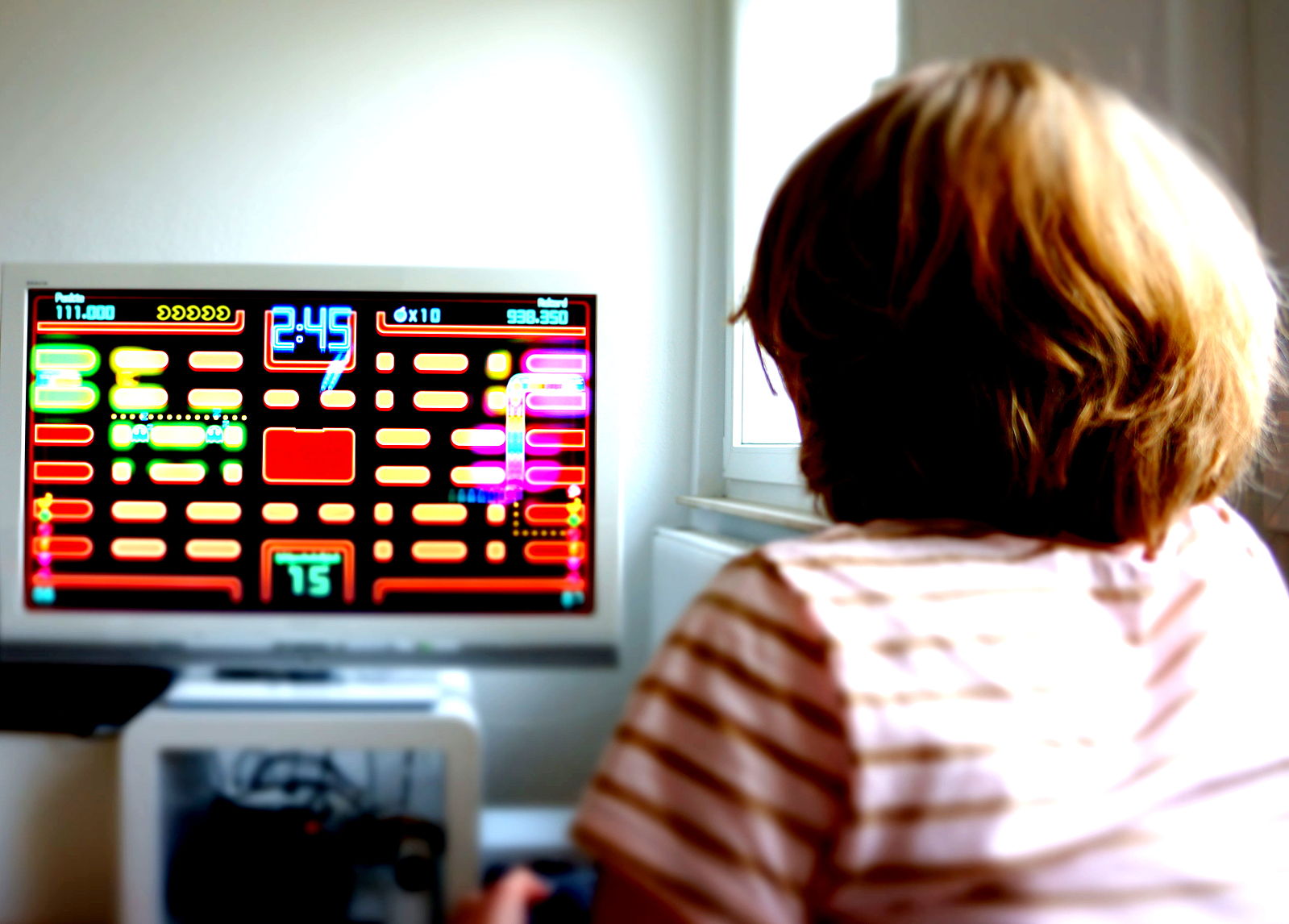New study adds support for the role of novel digital therapies in psychological conditions such as ADHD
It seems like the perfect solution doesn’t it? An effective therapy for children with ADHD that doesn’t involve drugs.
Well, according to a randomised controlled trial just published The Lancet, US researchers may have made an important step towards finding just that.
The study, involving almost 350 children (eight to 12-year-olds) with formally diagnosed ADHD, found that a specific novel digital therapeutic (otherwise known as AKL-T01, a specially developed computer game) significantly increased attentional functioning.
“These findings have implications for clinical practice, as AKL-T01 is a safe and easy-to-access intervention that could address various intervention needs for paediatric patients with ADHD and without comorbid condition,” the study author said.
This “digital therapeutic” involved video game graphics and reward mechanisms to engage the user and then continuously adapted the program’s difficulty in real-time on the basis of the user’s ability and progression. The major components of the game that delivered the therapy as it were, involved the need to multitask (two tasks that were to be done in parallel) as well as the need to respond to instructed stimulus targets while ignoring in-built distractions.
The effectiveness of this AKL-T01 intervention was compared with a control in the form of a “challenging and engaging digital word game” that was aimed at improving intellect but had not been associated with improving attention.
The children in the study were instructed to use their assigned intervention for about five minutes at a time, five times a day, five days a week for four weeks. None of the participating children were on medication for their ADHD for the duration of the study, with a number having been weaned off pharmacotherapy prior to the start of the study.
Using a validated, computerised performance test (TOVA), researchers assessed the children post-intervention, and found objective measures of attention significantly improved with the AKL-T01 but not with the control intervention. This improvement was also noted by the parents who completed a before and after questionnaire as part of a secondary outcome measure.
“The current study findings of improved attention … following treatment with AKL-T01 are consistent with benefits reported in previous uncontrolled studies,” the researchers said.
Compared with pharmacotherapy, the intervention has a major advantage in terms of side-effects.
In addition, many of the previously conducted drug trials have relied on parent and/or clinician evaluation of effectiveness. This study had a more objective measure of attention, which the researchers said was more reflective of a classroom situation where children might be required to remain seated and complete a tedious, repetitive task. As such, the finding of a positive effect is particularly relevant for children of this age group.
Of course, researchers are circumspect about recommending this type of intervention especially as an alternative to the currently recommended treatments for ADHD on the basis of this trial alone.
“Various additional questions remain to be answered regarding the full clinical meaningfulness of the findings, the effect of different dosing schedules, and which patients might benefit the most from this type of intervention,” they wrote.
Nonetheless, the study represents further support for the role of novel digital therapies in psychological conditions.
As an accompanying comment states the results “highlight the way for further development of digital health interventions for children with ADHD,” and that can’t be a bad thing.
References:
doi.org/10.1016/S2589-7500(20)30017-0
Doi.org/10.1016/S2589-7500(20)30058-3
This story first appeared on www.healthed.com.au


